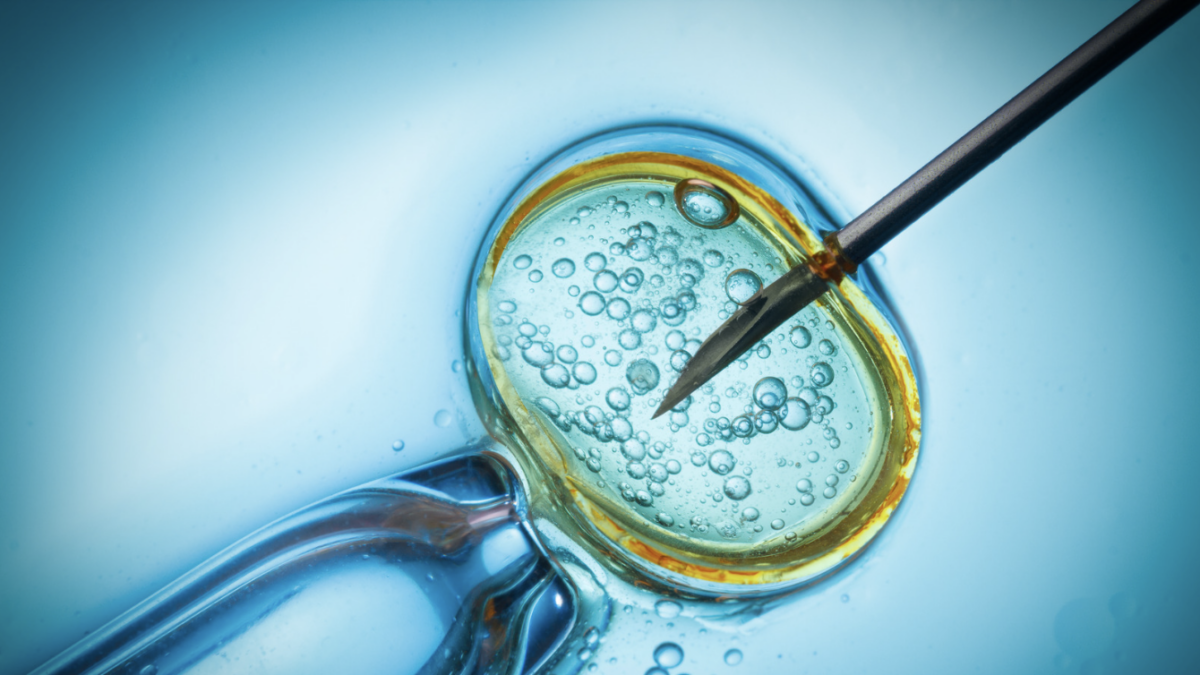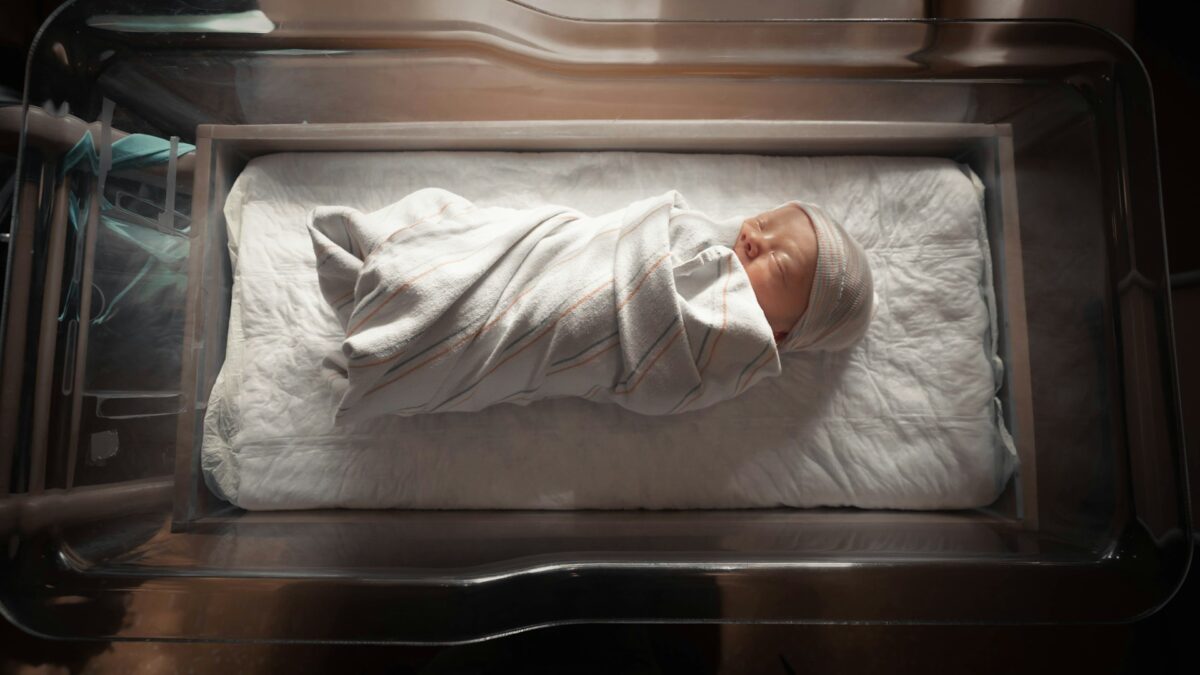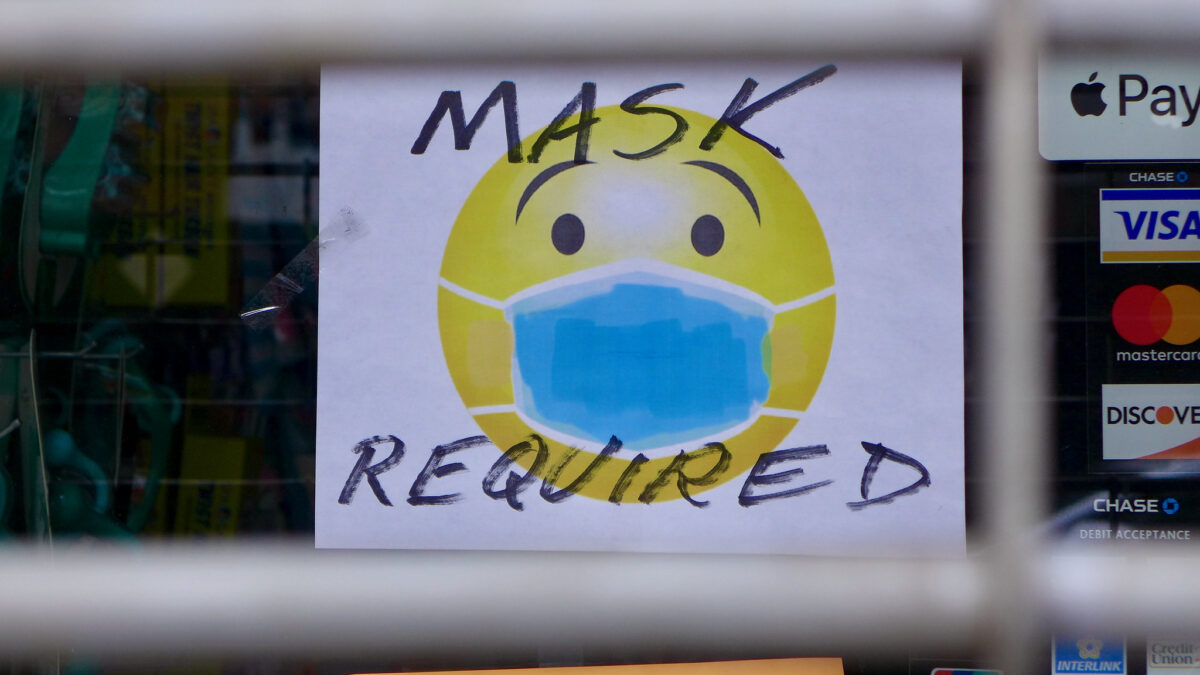When Sen. Cindy Hyde-Smith, R-Miss., blocked a vote on congressional Democrats’ radical assisted reproductive technology bill at the end of February, she cited Louisiana as an example of a state with “common-sense” in vitro fertilization restrictions. Those little protections the 1986 law provided to unborn life, however, are subject to change now that the state House has advanced two bills aimed at shielding fertility facilities that handle and store embryos from liability.
A coalition of Republican and Democrat legislators in Louisiana — egged on by corporate media and their fearmongering about the Alabama Supreme Court’s embryo ruling — advanced two bills this week that seek to overhaul the Pelican State’s 1986 law governing embryos.
The state’s current statute appears to offer embryos protections that other states don’t by classifying them as “human cells and human genetic material” that “will develop in utero into an unborn child.” The 1986 law Hyde-Smith praised as “common sense,” however, already fell short of the moral and ethical duties posited by the statewide recognition that life begins at conception because it did virtually nothing to stop the serial creation and destruction of embryos.
Loopholes in the 1986 law allow fertility facilities to destroy an embryo as long as it “fails to develop further over a thirty-six hour period,” is deemed nonviable, or is stored out of state, something a majority of Louisiana’s IVF industry opts to do.
The statute also does nothing to prevent ethically questionable procedures associated with IVF such as genetic testing, cryopreservation (which hurts an embryo’s survival chances), or rapidly developing reproductive technologies, such as artificial wombs, gene editing, and manufacturing eggs with male stem cells, which threaten to hit the ART markets soon.
Now the state’s lower chamber is considering new legislation that would grant certain immunities to the fertility industry, whose standard practice involves serially creating and discarding unlimited embryos.
Both pieces of legislation — House Bill 833, which was written by Republican Rep. Paula Davis and 15 other GOP and Democrat coauthors, and House Bill 742, which was written by Democrat Rep. Denise Marcelle — declare that any fertility professional dealing with embryos in “good faith” can’t be criminally or civilly sued.
HB 833, which the House Civil Law and Procedure Committee sent to the full House on Monday, does not protect Big Fertility in the state in cases of “gross negligence,” but it intentionally redefines the word “embryo” to remove any reference to “unborn child.”
One lawyer who helped write the legislation told local news outlet Gambit that legislators wanted to “remove the idea that every human embryo will develop in utero into an unborn child.”
As the Louisiana Illuminator noted in its coverage of the bill, HB 833 also designates some embryos as “non-viable,” a grading process that results in the abandonment, discard, and destruction of likely viable life. “Non-viable” embryos “aren’t afforded the same protections regarding destruction as those that could lead to a pregnancy.”
Both the Louisiana Conference of Catholic Bishops and the Louisiana Family Forum — which acknowledged the bill still allows the “illegal habit of shipping out of Louisiana and destroying human embryos” — oppose the legislation.









